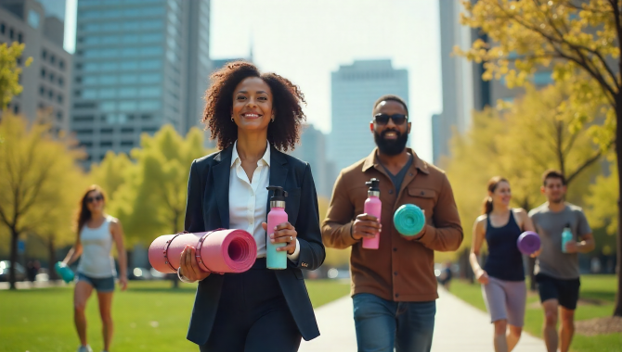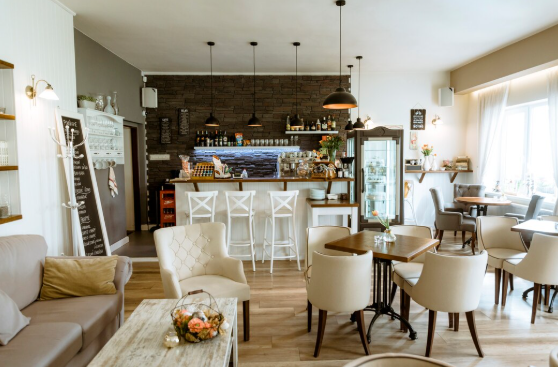The fast-paced rhythm of city living is reshaping consumer habits worldwide. From dietary supplements to plant-based remedies, the wellness industry is experiencing a boom fueled by urban dwellers seeking balance, convenience, and better health outcomes. This article explores how modern urban lifestyles accelerate the demand for wellness products — and what this means for businesses and consumers alike.
1. The Urban Stress Factor: Why Wellness Has Become Essential
City life often brings opportunity, but it also comes with relentless stressors:
- Long commutes and traffic congestion
- High-pressure jobs and competitive workplaces
- Noise pollution and overstimulation
- Sedentary routines tied to office-based work
These pressures fuel demand for solutions that help people unwind, boost resilience, and support holistic well-being. Wellness products — from adaptogenic teas to stress-relief supplements — fill this gap.
2. The Shift Toward Preventive Health
Urban consumers no longer wait until illness strikes; they adopt preventive wellness habits proactively. This shift is powered by:
- Greater access to information via digital platforms
- Rising healthcare costs are prompting self-care strategies.
- Social influence from fitness, nutrition, and wellness communities
Whether through nutritional supplements, fitness tech, or natural remedies, preventive health is becoming a lifestyle priority — and wellness products are at the core of this trend.
3. Convenience Culture: Wellness Meets On-Demand Living
City living fosters a culture of instant gratification. As food delivery apps have revolutionized dining, wellness products are now expected to be accessible anytime, anywhere.
For example, the growing demand for same-day weed delivery in Langley showcases how consumers want wellness-related products delivered as quickly as their daily essentials. The convenience of on-demand wellness is no longer a luxury; it’s a baseline expectation in urban markets.
4. Natural and Plant-Based Alternatives on the Rise
Urban populations are becoming more conscious of what they put into their bodies. The desire for clean, plant-based, and natural products drives innovation across the wellness industry.
Key product categories experiencing growth include:
- Herbal supplements and teas
- Plant-based skincare and beauty products
- Hemp-derived wellness items
Consumers looking for hemp-based product reviews often turn to digital resources before purchasing, highlighting how transparency and credibility play a critical role in building trust within this niche.
5. The Social Media Effect on Urban Wellness Trends
Platforms like Instagram, TikTok, and YouTube are catalysts for spreading wellness culture. Influencers showcase products ranging from CBD oils to organic superfoods, normalizing these choices for urban millennials and Gen Z.
- Visual storytelling makes wellness aspirational.
- Micro-influencers boost niche products.
- Wellness challenges encourage community adoption.
The result? Social media is not just shaping perceptions but actively driving sales and awareness.
6. Workplace Wellness and the Corporate Shift
Urban employers are increasingly integrating wellness into their company culture. Corporations are investing in:
- On-site meditation or yoga programs
- Subsidized fitness memberships
- Mental health resources and wellness stipends
This institutional adoption of wellness normalizes product use among urban professionals, amplifying consumer demand across demographics.
7. Sustainability as a Wellness Value
For urban consumers, wellness extends beyond the personal, including the planet. Demand is rising for products that are:
- Sustainably sourced
- Packaged in eco-friendly materials
- Backed by transparent supply chains
Sustainability is no longer optional; it’s a competitive differentiator for wellness brands targeting urban markets.
Conclusion: The Future of Wellness in Urban Living
As urban lifestyles grow more complex and demanding, wellness products are emerging as essential balance, health, and sustainability tools. From fast delivery models to plant-based alternatives, the industry is rapidly evolving to meet the needs of the modern urban consumer.
For businesses, the lesson is clear: align with the values of convenience, transparency, and sustainability to thrive in the next era of wellness.




